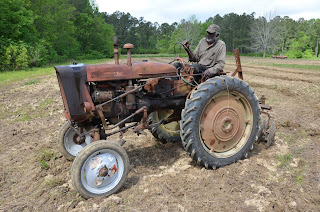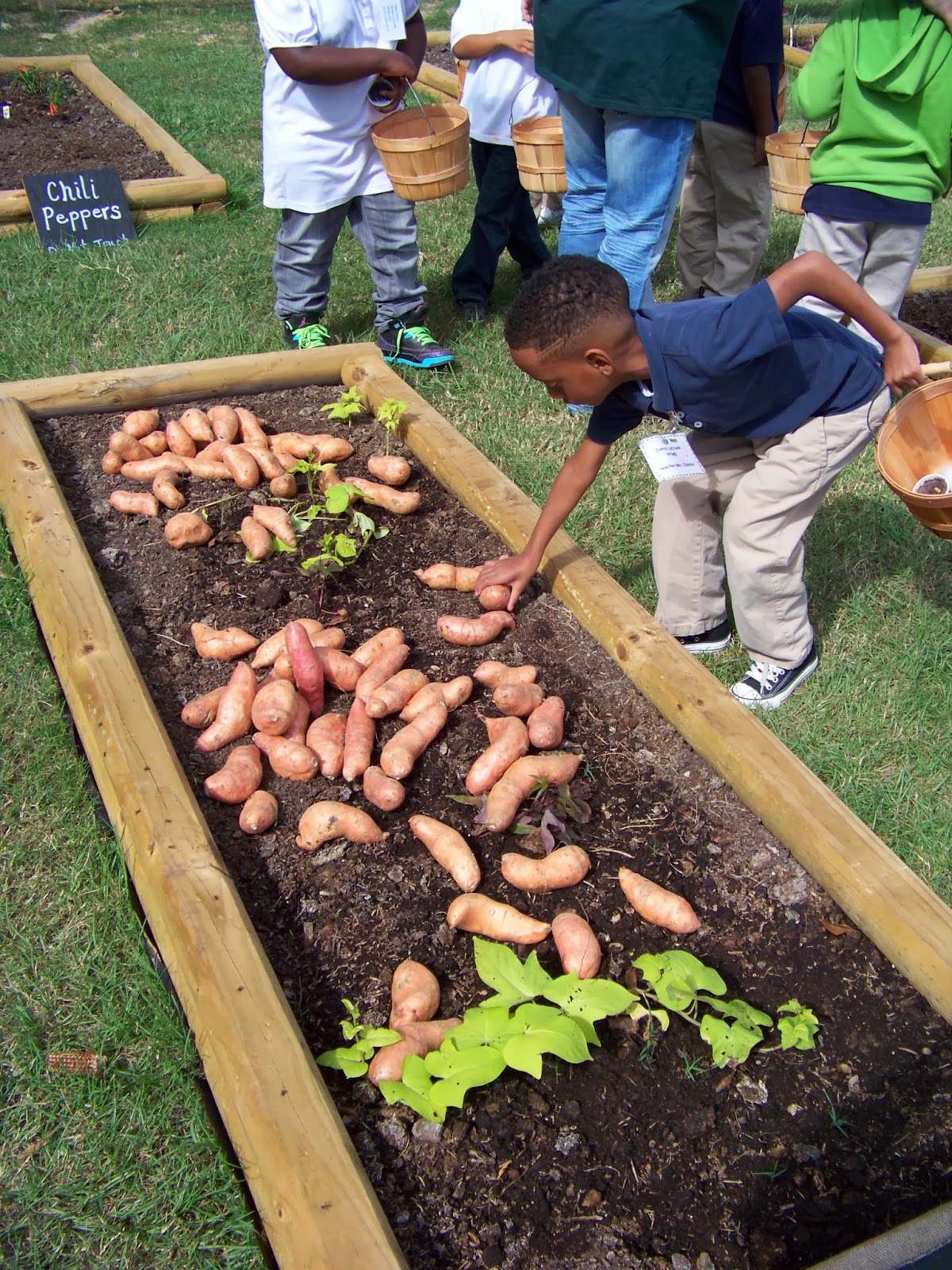 |
| Fred Vernon, Sr. |
Fred was the sixth child born to Isaac (Ike) Vernon
and Isabell Crook in 1891. He passed away in 1963. His siblings
were: Alonzo, Ruth, Wesley, Ivy and Martha Ann. He was raised in Tangipahoa Parish, LA in an area known as
Vernon Town.
Fred’s grandfather was Robert Vernon, better known in
slavery times as “Free Bob.”
Robert Vernon was born a slave, but purchased his freedom and became a
slave owner. He then became a
successful land owner, acquiring approximately 2300 acres of land.
He gave each of his children 100 acres
upon their marriage to establish their own home. The area was known as Vernon Town. In addition, as a well respected leader and religious worker
in his community, he donated 4 acres of land to centralize the church that was
originally a log cabin on Big Creek.
The church, organized in 1869, was named Mount Canaan. Fred met and married Alice Irving of Roseland, LA
around the year 1917. This union
produced five children: Norman,
Felton, Fred Jr, Dorothy and Osborn.
He purchased land in Roseland where he became a well respected farmer.
Farming was his primary source of income for his family. He planted almost everything
imaginable: cotton, vegetables, strawberries, melons, corn, potatoes, string
beans, peanuts, etc. His land was
beautifully cultivated with crops as far as you could see. Most profitable of his crops were his
cotton, strawberries and melons.
He hired people to pick the cotton and strawberries, providing
employment for the local community--and his sons used to sell the melons from a pickup trunk throughout the
town. His farm also included
raising farm animals: cows, pigs, horses, chickens and turkeys. He sold beef and pork from his smokehouse,
and he sold chickens and turkeys.
His wife, Alice, was chiefly responsible for raising the chickens and collecting
eggs for sale.
I remember life being so rich on this farm as my
mother (Dorothy) and my dad was given land to live on the farm property as a
wedding gift. The land was filled
with animals, fresh milk, eggs, vegetables, meat, homemade butter, and fruit
trees were all around us (figs, pomegranates, plums, blackberries, etc.). He also had a pecan tree in his
backyard. Oh my God, we never
lacked nutrition on that farm. It was just a beautiful time in my life.
But farming was very hard work. It took everyone to play a role to keep
it live and cultivated. And
unfortunately when grandpa’s children became adults and left home to start
their own lives, he and grandma had reach the age that they could no longer
maintain a farm of that magnitude alone.
So they retired the business in the late 1950s.
Grandpa’s life would never be the same after retiring
the farm. There just wasn’t enough
to keep him occupied. However, he
did enjoy telling stories about old times and how much the world had changed;
how he wondered what the world was coming to. He didn’t like his vision of the future and said he was glad
he wouldn’t be around to see it.
He made me laugh when he told these stories.
Fred’s faith of choice was Jehovah Witness in his
senior years, and his political choice was Republican. Oh how I wish I could have discussion
with him about that issue now.
After the lost of his beloved Alice on January 3,
1963, he seemed lost and grieved hard.
He started to plan his life without her and made travel plans, something
he had never had time to do during his life as a farmer. He talked of going to Chicago to visit
his son, Felton. You could see the
excitement in his eyes as he made these plans. On that very day, March 22,1963, just three months following
Alice’s death, Grandpa Fred succumbed to an asthma attack.
Article written and submitted by Jacqueline James Pendleton-Dukes, the first born grand-daugher.
































